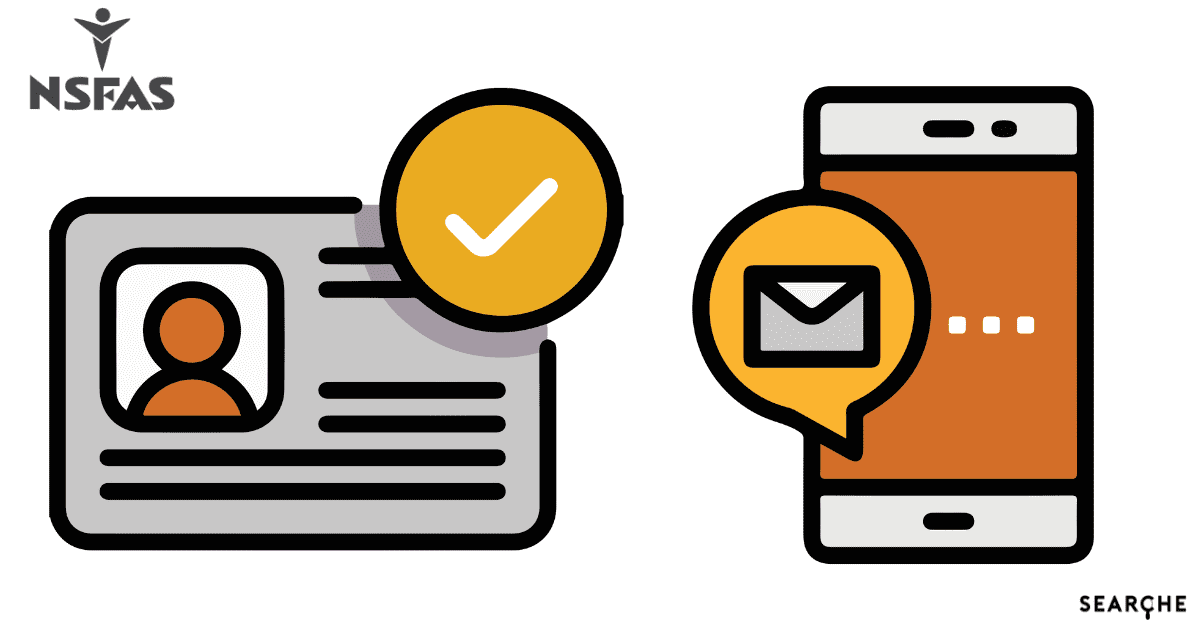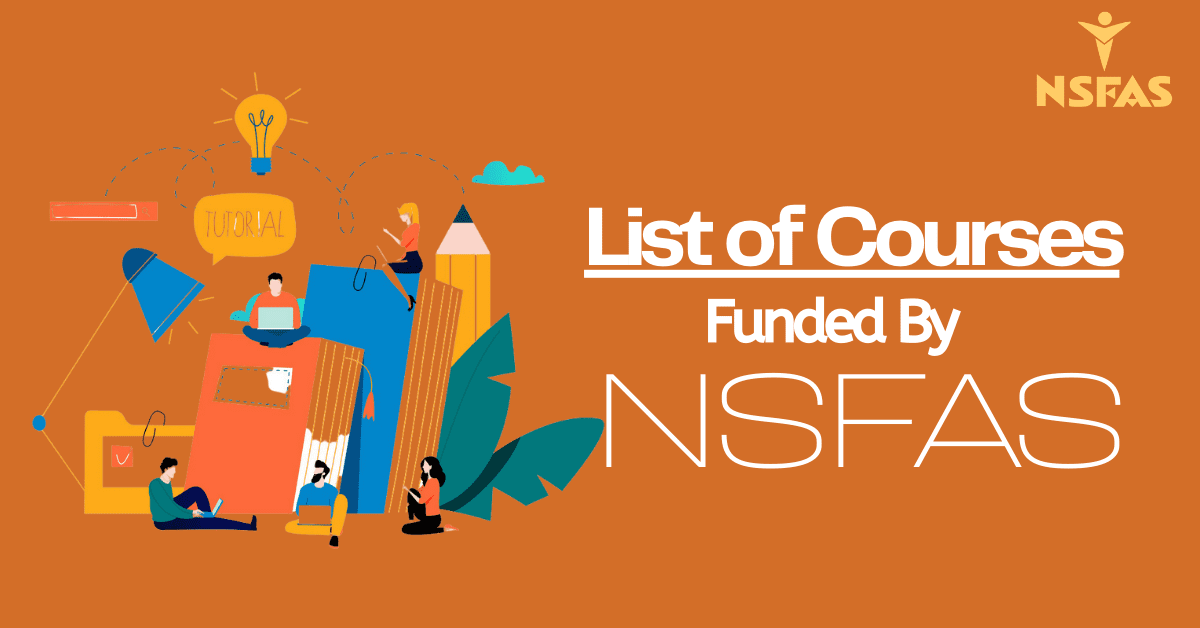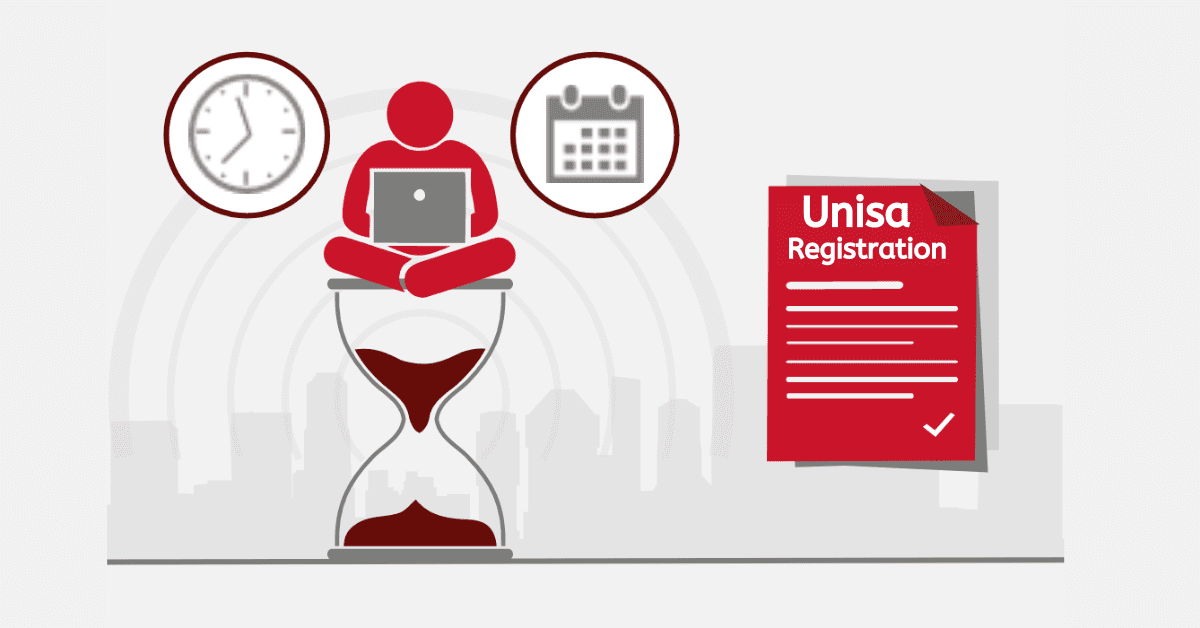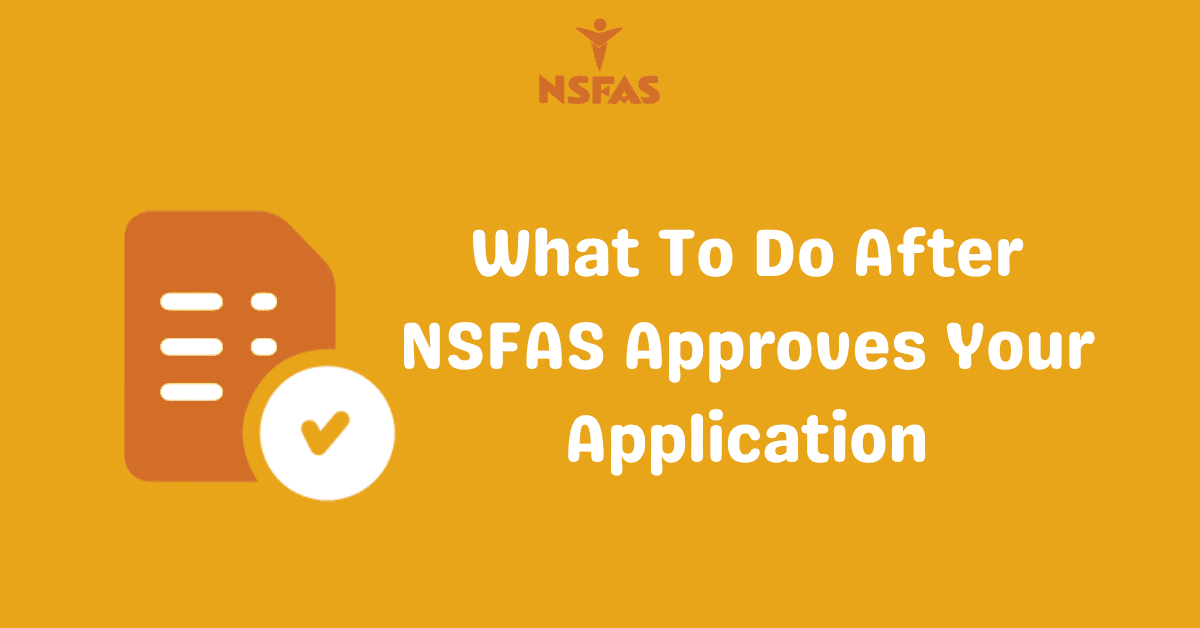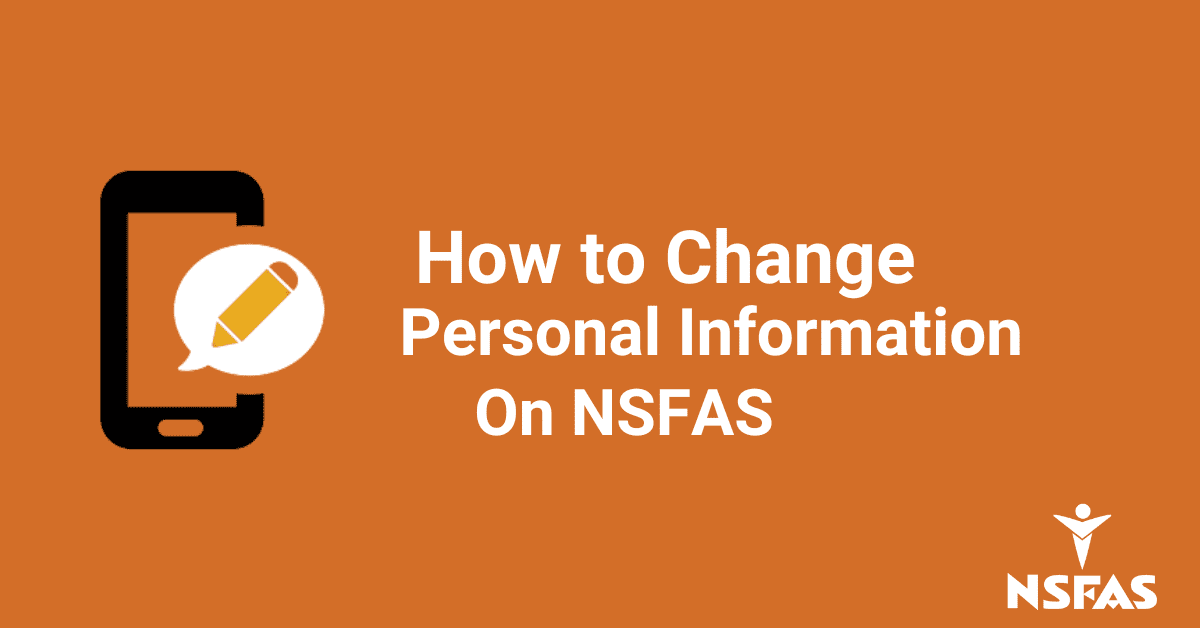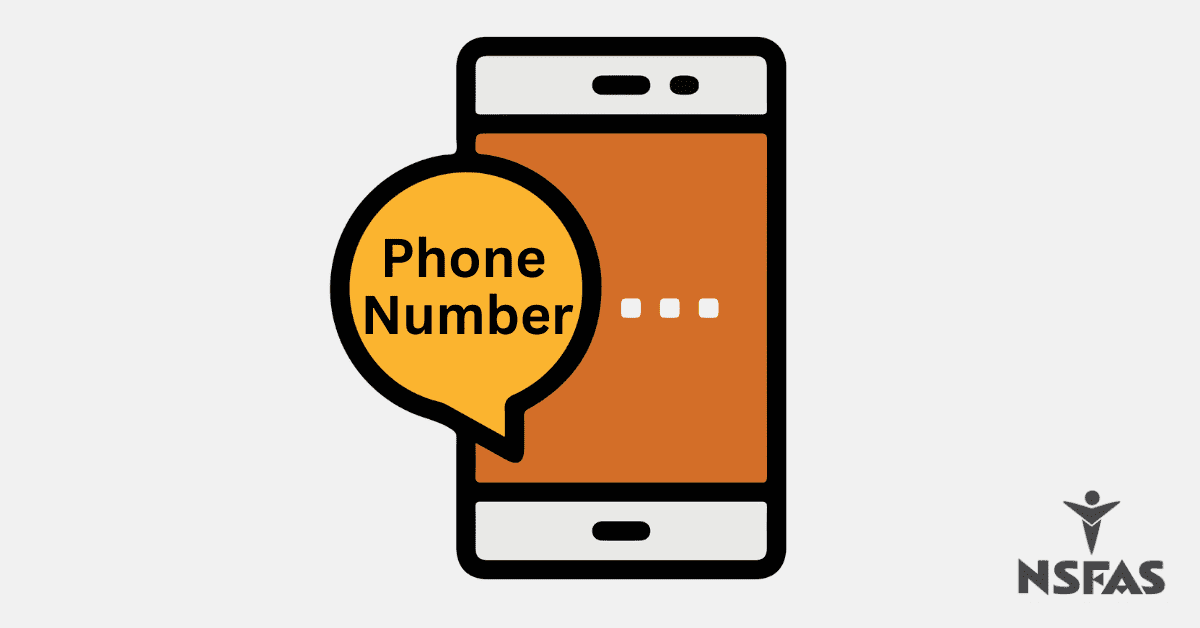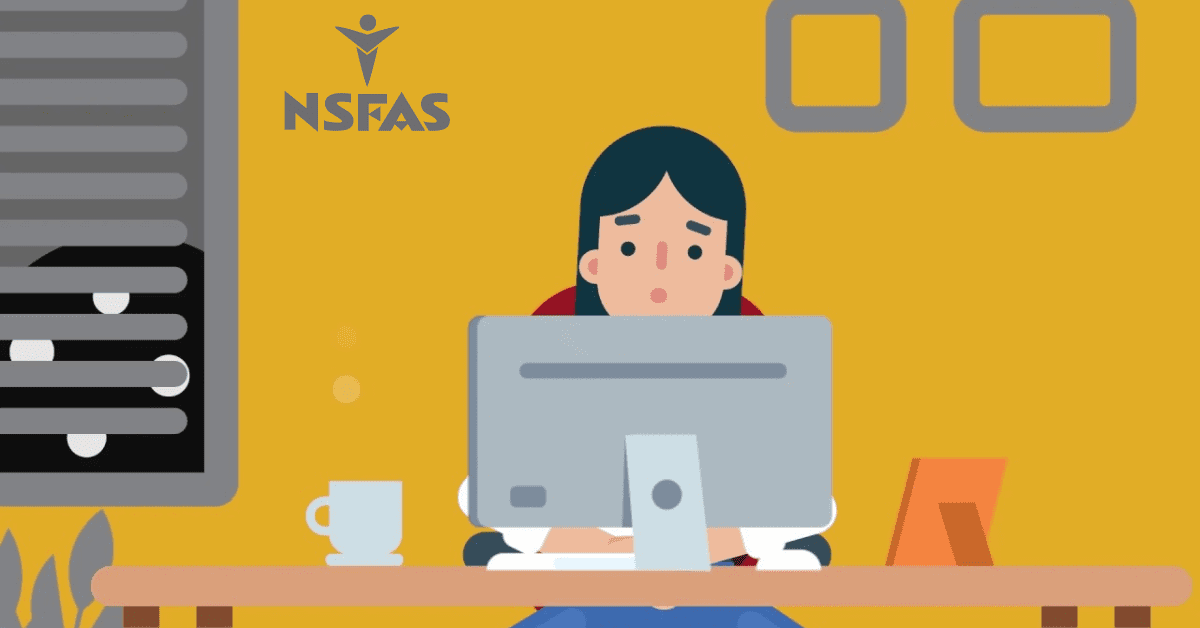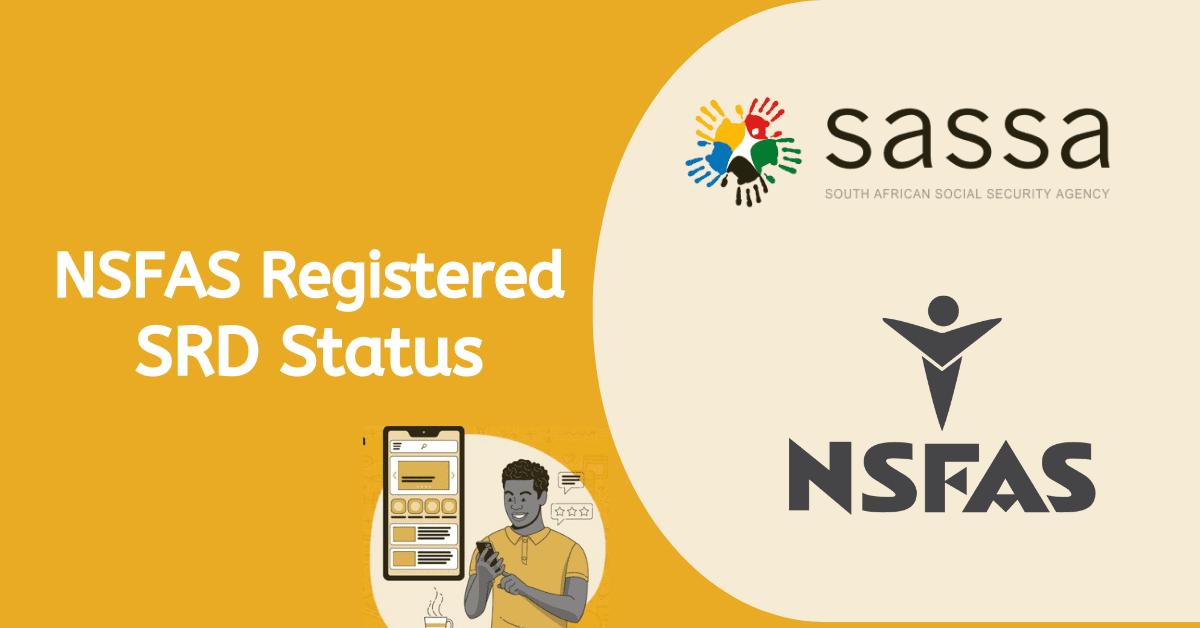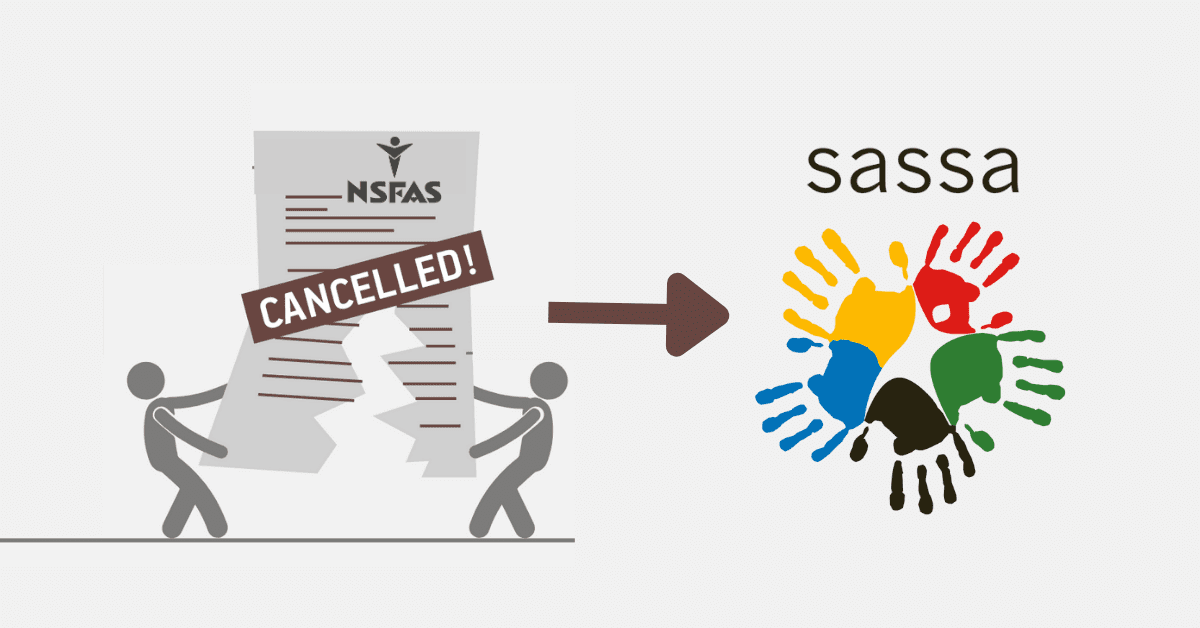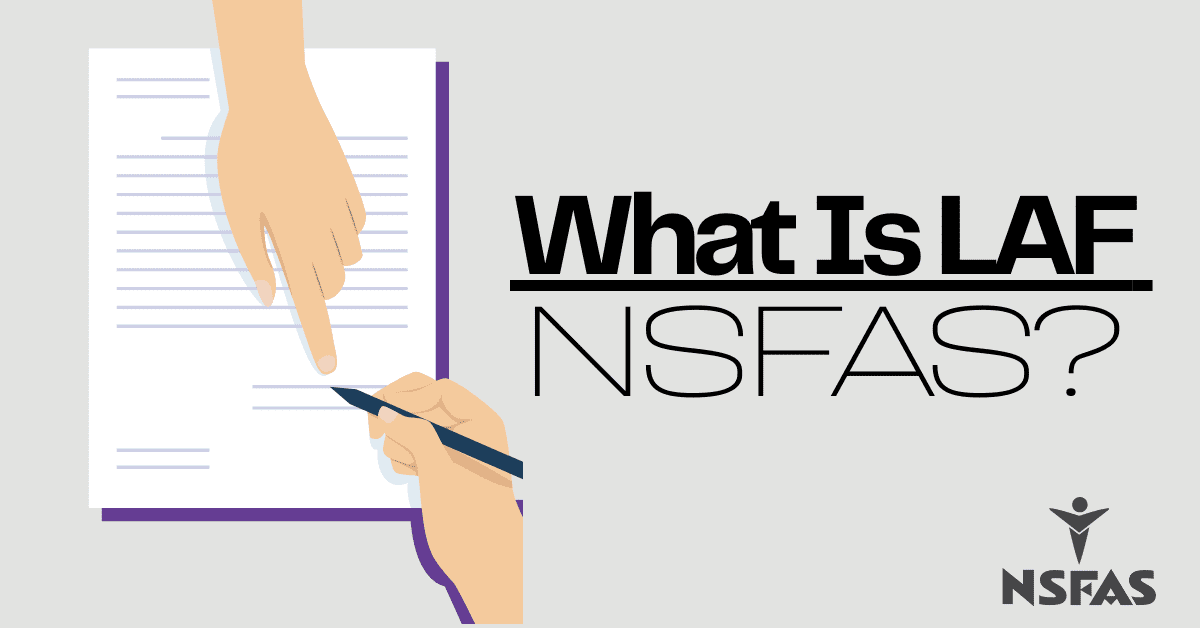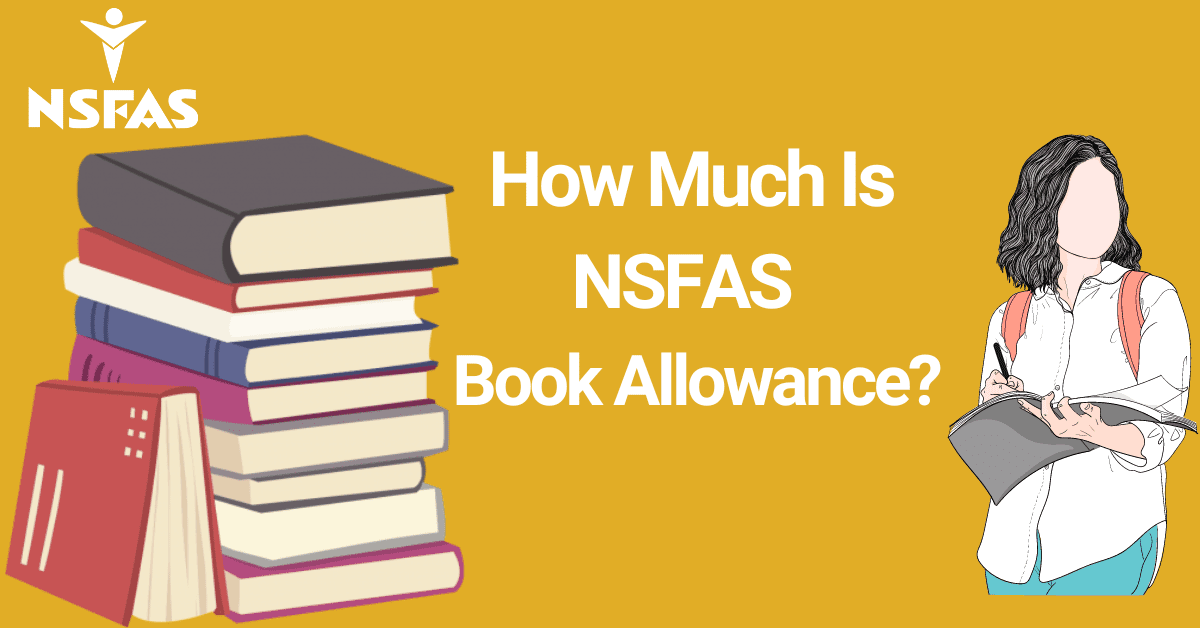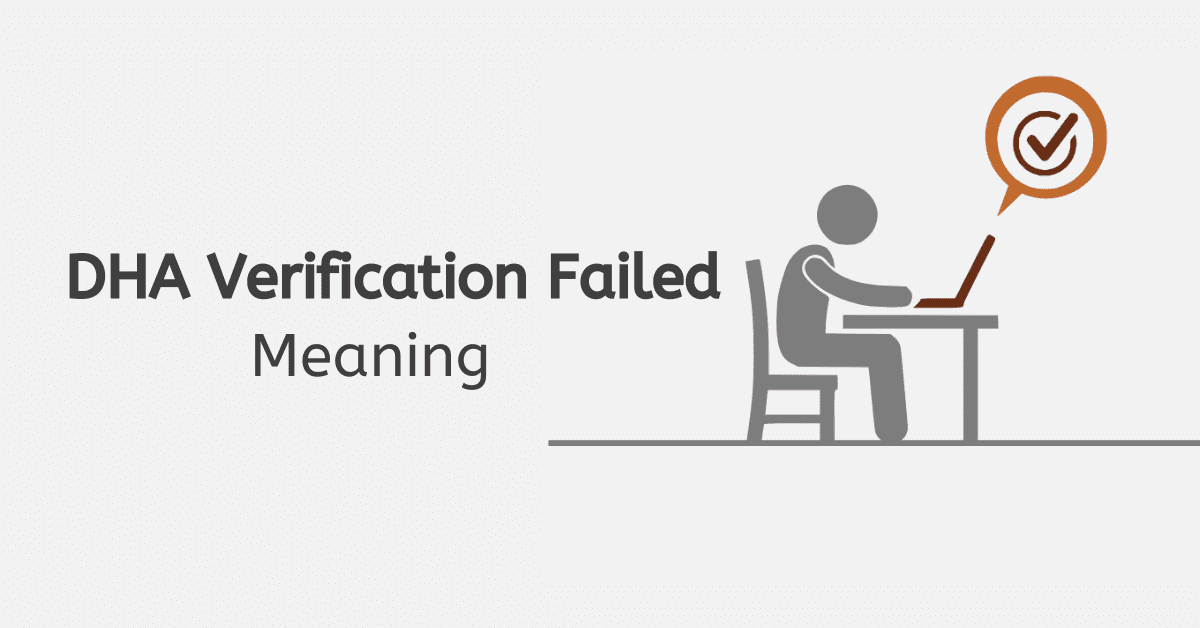NSFAS is an acronym for the National Student Financial Aid Scheme and holds several advantages and disadvantages for students seeking funding. NSFAS is a scheme organised by the South African government to offer study loans and grants to students mainly from disadvantaged backgrounds. NSFAS only caters to South African citizens; that is its main criteria for selection.
Students eligible for and receive funding from NSFAS can use the funds to pay for their tuition, registration fees, and accommodation and even use it as an allowance for their books or meals. In short, it is an all-encompassing funding scheme that offers a loan or bursary to those who might be unable to get a study loan from a bank or similar. For students receiving bursaries through NSFAS, it is one of the best ways to receive funding if the student in question isn’t eligible for other bursaries or not interested in the courses of study covered by other bursaries.
Nsfas Advantages And Disadvantages
Let’s date a dive into the main advantages and disadvantages of NSFAS
Advantages of NSFAS
The biggest and most obvious benefit or advantage of NSFAS is that it will cover any course from any tertiary education institution, vocational education, or training education. The only requirement for the complete cover is that the student receiving the funding continues to perform well academically, and they do need to pass every module contained in the course material.
If students intend to use NSFAS for accommodation, they need to understand that only residence accommodation, such as university residences, is covered by NSFAS, and students will need to pay if they want to stay in private accommodation. The same goes for transport; the only transport that will be covered is if the student in question travels up to 40 km to their educational institution. There are living and book allowances regarding NSFAS, but these have a limit. Most recently, the living allowance limit was R14 000 per annum, and the book allowance was R5000 per annum; This is, for the most part, generous and will do a great deal to cover the costs of the student in question.
Disadvantages of NSFAS
The biggest disadvantage of NSFAS is that not every person wanting to study in South Africa will be eligible for this loan scheme. It can also sometimes take longer for funds to be disbursed regularly, which means that students may find it tough to manage their funds while they’re still studying. However, this only happens occasionally; if students manage their money well, they should not have a problem.
Unfortunately, only a select few post-graduate degrees are sponsored by NSFAS, so it is not guaranteed that NSFAS will cover a student’s chosen course of study.
Students who are orphans will also face an additional setback in that they will need to have secondary documents signed by a social worker before their funds will be disbursed.
Do We Have to Pay NSFAS Back?
It is important to understand that NSFAS is a loan-based funding scheme. However, it was converted to a bursary-based system in 2018. This means the funds received from NSFAS will need to be paid back if the student received NSFAS before 2018. But if the funds were only received post-2018, there is no need to pay them back. It is also important to understand that even if the student still needs to repay the loan, one of the biggest advantages is that these funds need not be paid back during the student’s term of study.
Additionally, up to 40% of the NSFAS loan is converted to a grant should the student in question pass the first and second years of their study module. The total amount of the loan in the final year of study may also be converted to a grant if the student in question passes their final year at a university. Another big advantage is that interest charges will be deferred while the student is studying and will continue to be deferred up to 12 months after the student has exited a public university.
Students receiving NSFAS for attendance and study at TVET colleges will receive their funding as a full bursary. These students, regardless of the year in which they received their funding, will not need to pay anything back at all.
NSFAS Benefits 2026
The allowance benefits of NSFAS currently include R5200 for books, R15 000 living allowance, R2900 incidental allowance, and R7500 for travel allowance. Students residing in an urban area will receive R24 000 per annum in allowances from NSFAS, and those in a peri-urban area will receive R18 900 per annum in allowances. Rural students will receive R15 750 per annum for accommodation. These allowances are over and above the course costs that NSFAS will cover.
Five Facts About NSFAS
1. Post-2018, the funding received from NSFAS does not need to be paid back
2. There is no age limit when it comes to NSFAS, so if you decide to study towards your first degree well into your thirties or even fifties, you’re still eligible
3. The NSFAS allowance is paid over ten months of the year, in the first week of every month
4. NSFAS was started to support equitable and fair access to tertiary education for students who are academically strong but come from disadvantaged backgrounds
5. NSFAS funded more than 690 000 students in 2026
Terms and Conditions of NSFAS
As with any funding scheme, there will always be terms and conditions, and NSFAS is no different. The biggest term and condition regarding NSFAS is the limit on eligible persons. To be eligible for funding from NSFAS, you need to be a South African citizen and come from a family with a combined income of less than R370 000 per annum. However, if the person seeking funding is disabled, the combined household income needs to be less than R650 000 per annum. If the applicant registered at a university prior to 2018, the person needs to be from a household with an annual income of less than R122 000 per annum.
SASSA grant recipients are also eligible for NSFAS.
The Long and the Short of It
NSFAS is a government-subsidised bursary scheme for academically strong students from disadvantaged backgrounds. It is an excellent way of offering equal access to tertiary education in South Africa. The most significant advantage of NSFAS is that it no longer constitutes only a loan-based system, but that post-2018, NSFAS is now a bursary-based scheme offering bursaries that never need to be paid back.
